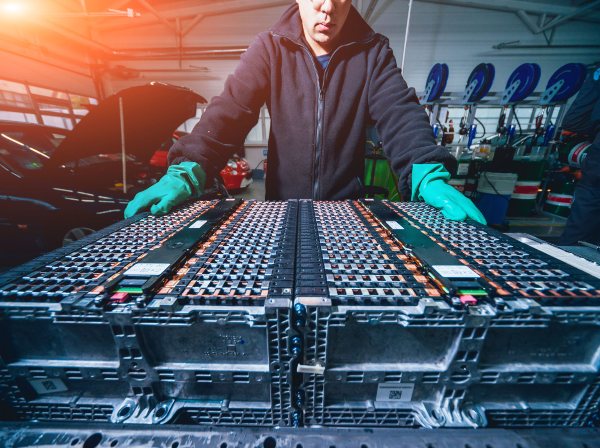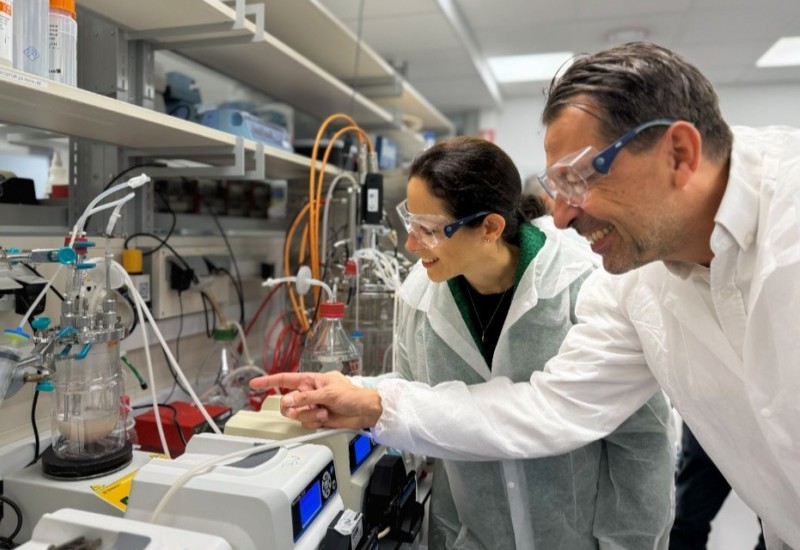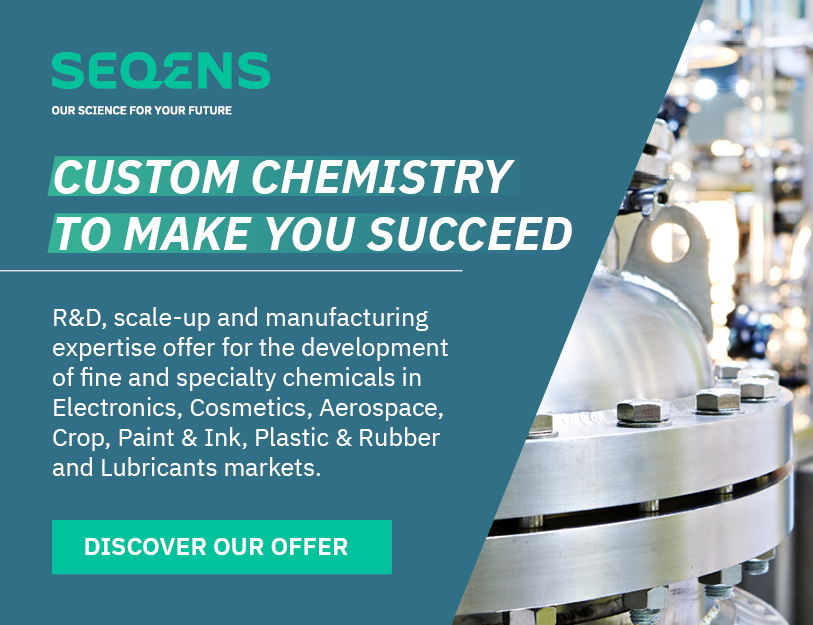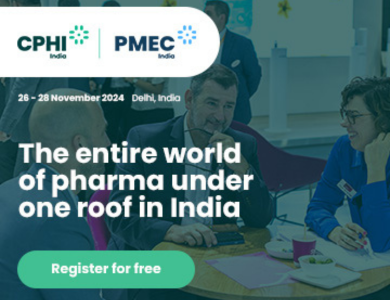Koreans invest in battery materials
Three South Korean conglomerates have announced major investments into battery materials in the past month, in anticipation of projected market growth from under €30 billion/year in 2021 to nearer €75 billion in 2026. SK Materials is to build a lithium-silicon battery materials, while Posco Chemical will build a cathode materials plant and LG Chem has even bigger, longer-term plans.
SK Materials, a subsidiary of SK Group, has formed a joint venture with US silicon-carbon composite materials maker Group14 Technologies to build a factory for lithium-silicon battery materials in South Korea. It will invest $52 million in this facility, which is expected to launch in 2022.
This follows the establishment of Group14’s Battery Active Materials (BAM) factory in Washington State earlier this year and a financing round led by SK Materials. The company claims that its lithium-silicon technology, SCC55, “delivers dramatically more energy density per volume to meet the increasing global demand for high-performing lithium-ion-based storage”.
Secondary battery materials maker Posco Chemical is to build a 60,000 tonnes/year plant on a 120,000 m2 site at the Yeongilman General Industrial Complex in Pohang, North Gyeongsang province. This will supply CAM materials for electric vehicle (EV) batteries. The total cost is about €4.3 million.
Once this is built, the company will have 160,000 tonnes/year of capacity at the three sites in Korea – enough, it claimed, to supply 1.8 million EVs with 60kwh battery packs. It plans to build a further 110,000 tonnes of capacity in the US, Europe and China by 2025.
Posco Chemical has been working with its parent company, Posco, to develop resources such as lithium, nickel, and graphite materials, make preemptive investments to expand its mass production capabilities, and R&D into next-generation materials such as nickel, cobalt, manganese and aluminium.
Finally, LG Chem has announced plans to spend about €78 million on shifting its whole portfolio for sustainable growth, with battery materials at the heart of this. CEO Hak Cheol Shin described this as “the most revolutionary change since the establishment of the company”. Tangible results are expected from 2H 2021.
In all, 60% of the total will be spent in the Advanced Materials business to make LG Chem “the world’s no. 1 comprehensive battery material company” and broaden the portfolio. The remainder is being invested in biobased polymers (30%) and pharmaceuticals (10%) A 60,000 tonnes/year anode materials plant at Gumi will begin in December. This is part of plans to grow the company’s total capacity from 40,000 tonnes in 2020 to 260,000 by 2026.
A joint venture is being prepared with a mining company for metal supply and LG Chem will look for other cooperation in mining, smelting and refining technologies. In addition, LG Chem is reviewing M&A and JVs to build a global production base, differentiate its technologies and acquire market leadership in related fields. These include binders, radiant adhesives and carbon nanotubes. Capacity for these, currently 1,700 tonnes/year will triple by 2025, the company said.















